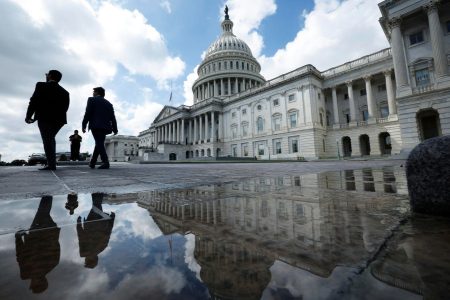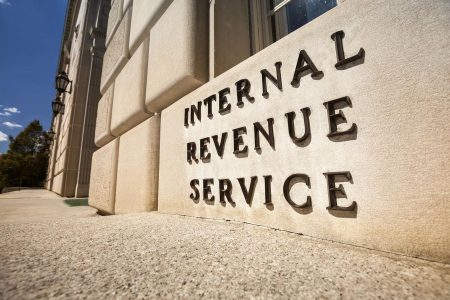In a press release, the IRS announced the collection of $1 billion in past-due taxes from millionaires since 2023. That year, the agency launched an initiative to pursue high-income, high-wealth individuals that have failed to pay their recognized tax debt.
This particular phase of the initiative was focused on a small number of high-income individuals, totaling about 1,600. That puts the average tax levy on those individuals at $625,000—far outstripping the average return of about $54,000 in adjustments per audit. It seems clear the best return on audit investment lies with the highest income and wealth individuals.
Initiative Targets
The initiative targeted taxpayers with incomes of at least $1 million and recognized tax debts over $250,000. The IRS assigned dozens of senior employees to the cases and intensified efforts to ensure compliance among wealthy individuals.
In addition, the IRS has cracked down on the misuse of corporate jets for personal travel, high-income owners that have not filed taxes, the auditing of 76 large partnerships and 60 corporate taxpayers and policymaking to close loopholes used by complex partnership.
The IRS predicts a significant revenue yield, potentially as much as $851 billion over the next decade if the investments allocated under the Inflation Reduction Act (IRA) continue.
GOP Funding Cuts for the IRS
During the period in which the IRS was recovering $1 billion in past-due tax debts from high-income individuals, House Republicans were proposing significant cuts to the agency’s budget.
The latest Financial Services and General Government bill from the House Appropriations Committee aimed to reduce IRS funding for the fiscal year 2025 by $2.2 billion, lowering the budget to $10.1 billion—with a specific $2 billion cut to enforcement funding.
The cuts were couched as preventions against the IRS “targeting hardworking Americans”—but enforcement actions in general have focused on individuals making $400,000 or more and specifically targeted 125,000 of the highest earners.
Democratic leaders have criticized the cuts, arguing they would undermine efforts to improve tax fairness and compliance. The budget reductions are part of a broader pattern of GOP efforts to scale back the $80 billion funding boost provided to the IRS by the IRA.
Expanding Audit Coverage
To expand audit coverage to the top 1% of earners, the IRS would need to audit about 1.5 million returns—approximately three-times the total number of audits undertaken in 2023.
From 2016 to 2021, the IRS focused on auditing individual taxpayers with $10 million or more in income and those audits had an average adjustment of $124,389 per return. At an average of $625,000 per return for the high-income 1,600 chosen in this latest initiative, it seems clear a focus on higher income returns results in a higher per-audit adjustment.
As of the end of 2023, the agency had only spent around 1% of its enforcement budget. The slow expenditure is a point of contention, highlighting the challenges the IRS faces in ramping up its enforcement efforts—but it seems clear where the other 99% should be invested.
Read the full article here









